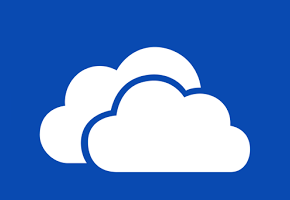Microsoft has informed US authorities of a child abuse image which was allegedly saved to a OneDrive cloud storage account. The user, a man who lived in the US state of Pennsylvania, was reported to have stored an inappropriate image of a young girl. A result of Microsoft's tip-off he was arrested on 31 July 2014. It was later found that the man had tried to send two images through a Microsoft email account. He is due to appear in court next week.
The arrest comes in the wake of Google alerting authorities after finding child abuse images in a Houston, Texas man's Gmail account. It was found, the 41-year-old account holder had previously been charged with owning child pornography. Neither Microsoft's and Google's reports were made directly to the police, but made to the National Center for Missing and Exploited Children's CyberTipline, who passed on the information.
Although applauded by many, the actions of Microsoft and Google have added fuel to the ongoing debate surrounding Internet privacy. According to authorities there have been a number of instances where Internet providers have passed similar information over to the police and other agencies. While Google is known to scan text in email as a means of placing interest-based advertising in users' free accounts, Microsoft has made a point of suggesting it did not carry out similar practices, going as far as lampooning Google with a "Scroogled" advertising campaign. Microsoft's terms and conditions for OneDrive accounts do though suggest the corporation has the right to scan images in users' accounts, particularly for child pornography.
Both arrests suggest that both Microsoft and Google actively pursue people who utilize its services for illegal purposes. Exactly which activities these include is not clear. Whether risqué banter between two users would provide cause for the corporations to report a user to authorities is equally unclear. However, it is absolutely clear that both actively pursue those involved in child pornography. In 2009, Microsoft developed the PhotoDNA technology which 'disrupts' the spread of such imagery and has made its software available to other companies, including Facebook and Twitter. In all instances, images are flagged without Microsoft personnel having actually seeing images.
What are your thoughts on this topic? Should Microsoft and Google police their accounts more rigorously? Add your comments below.
